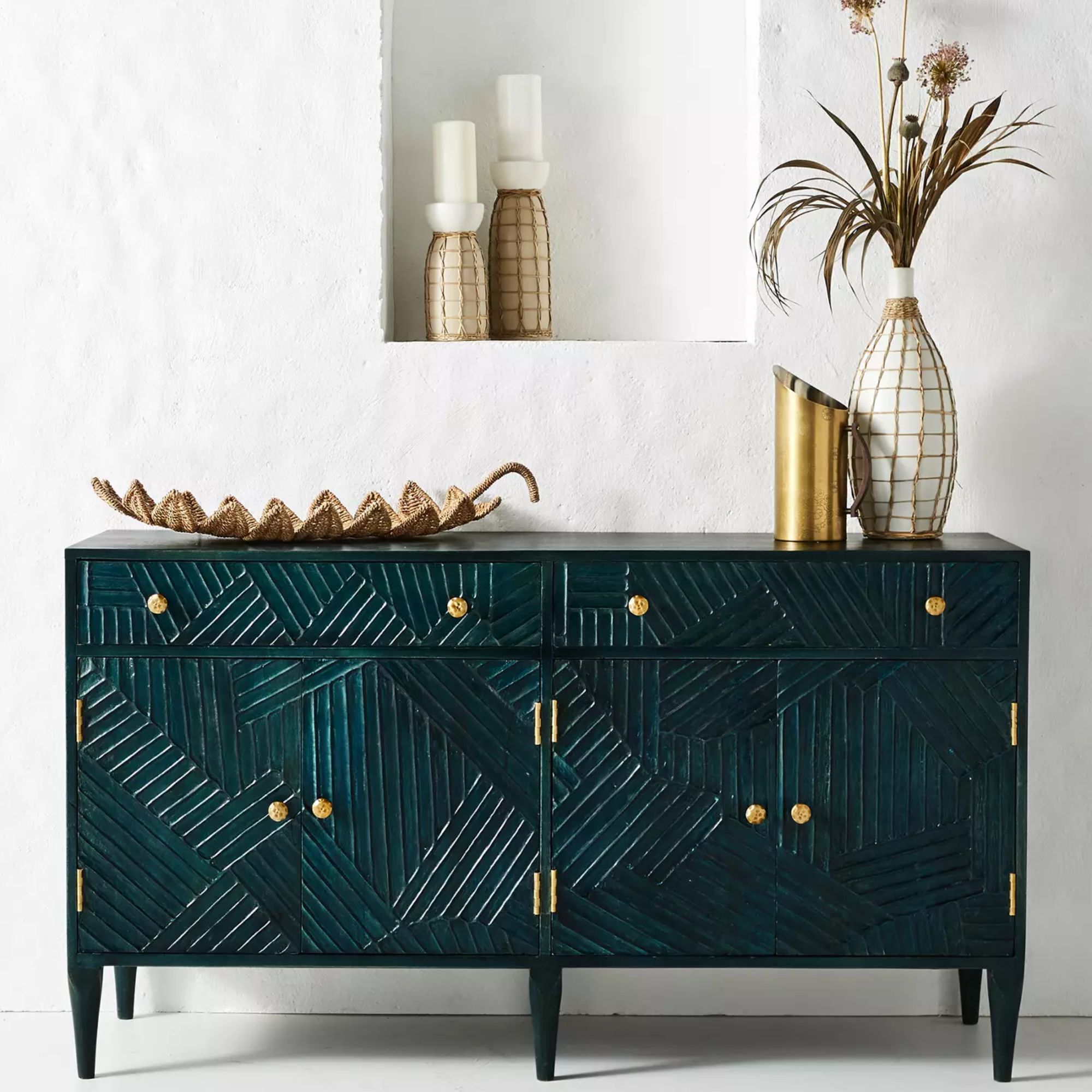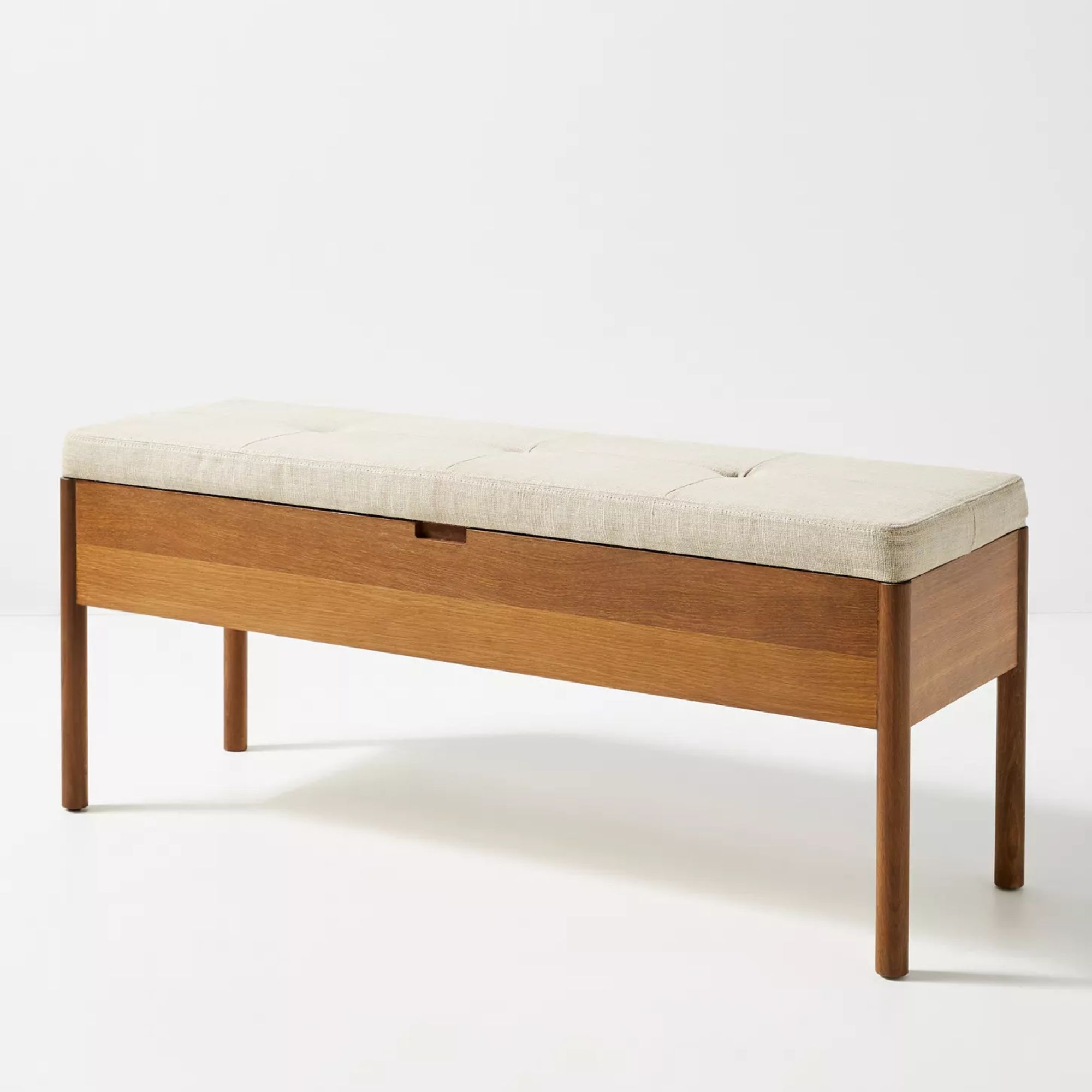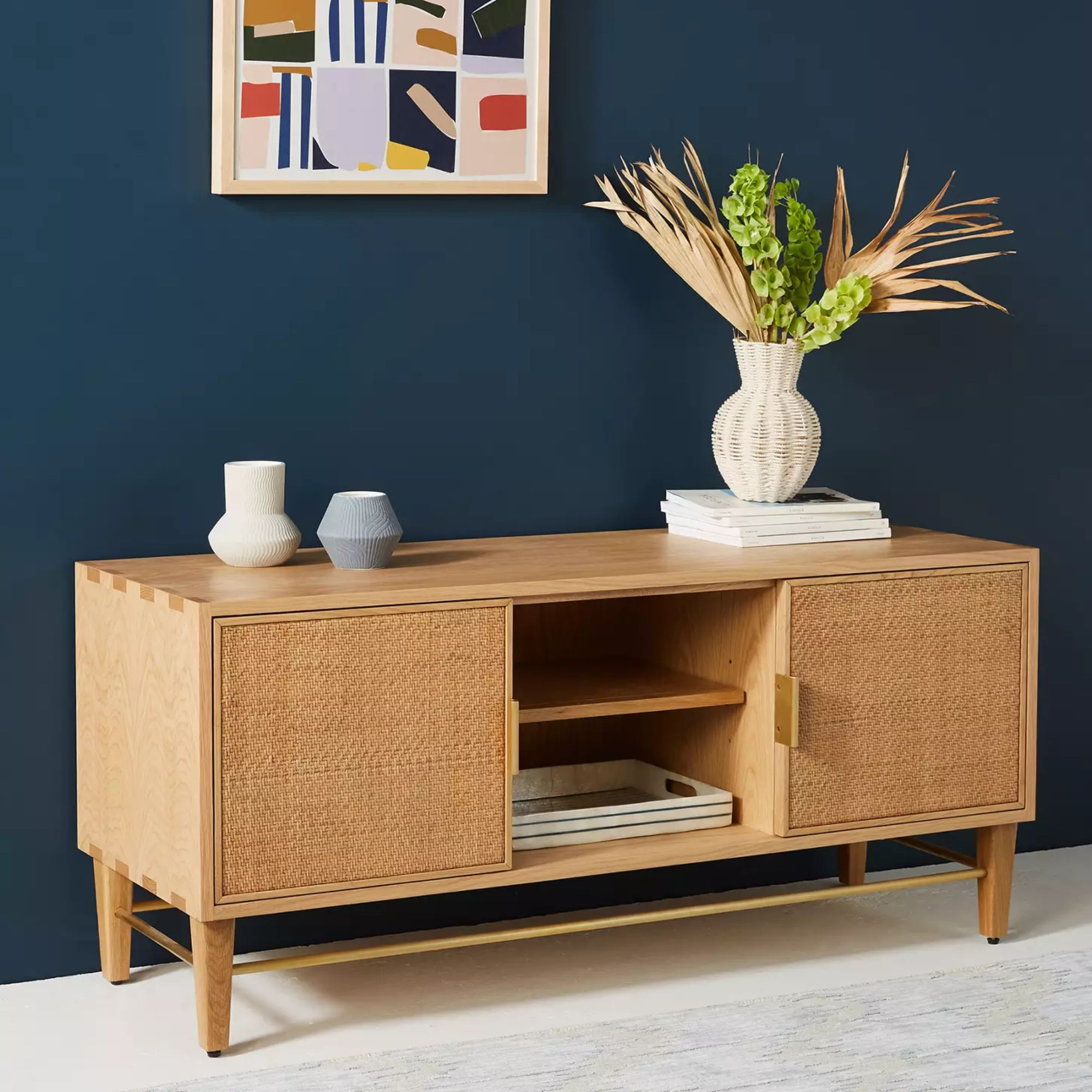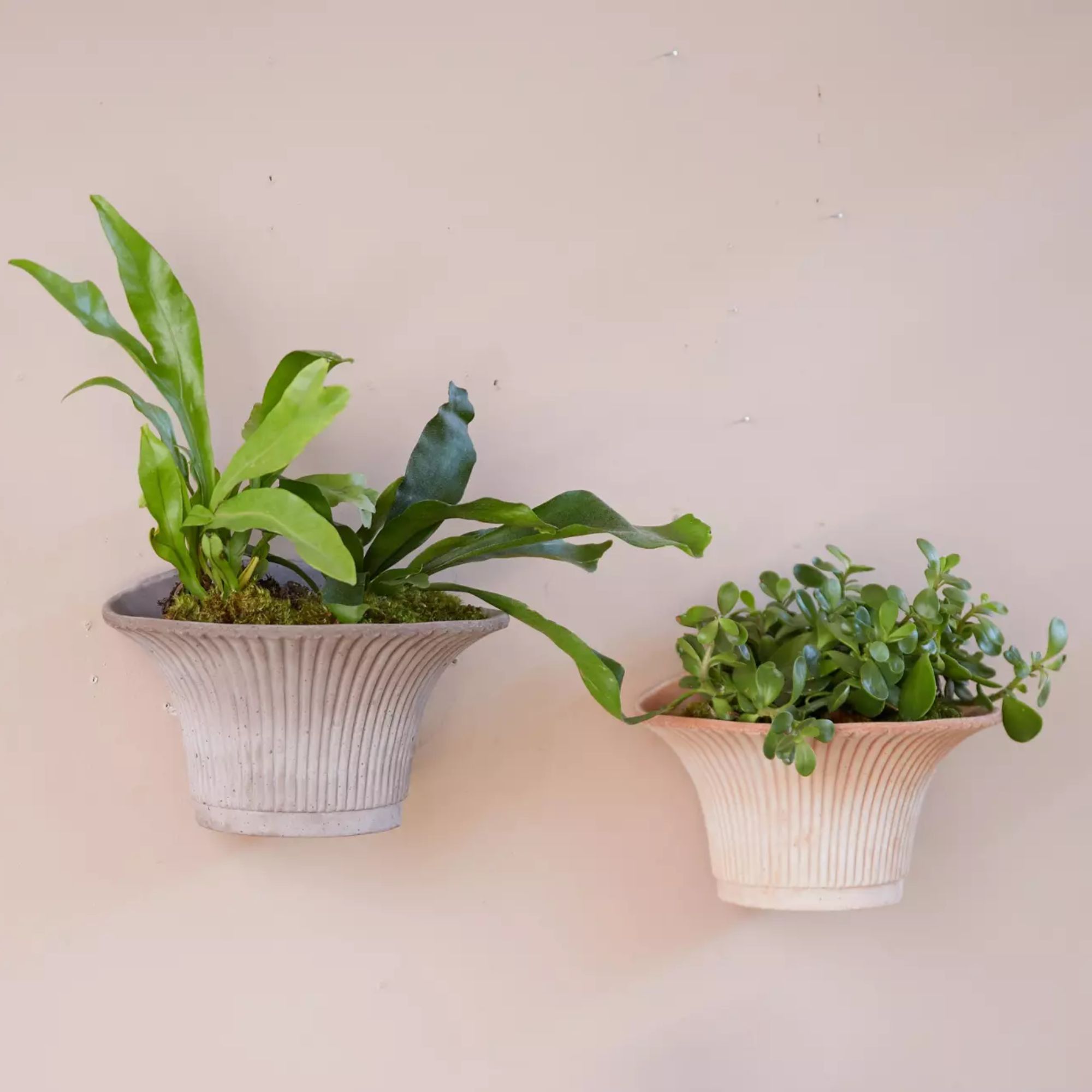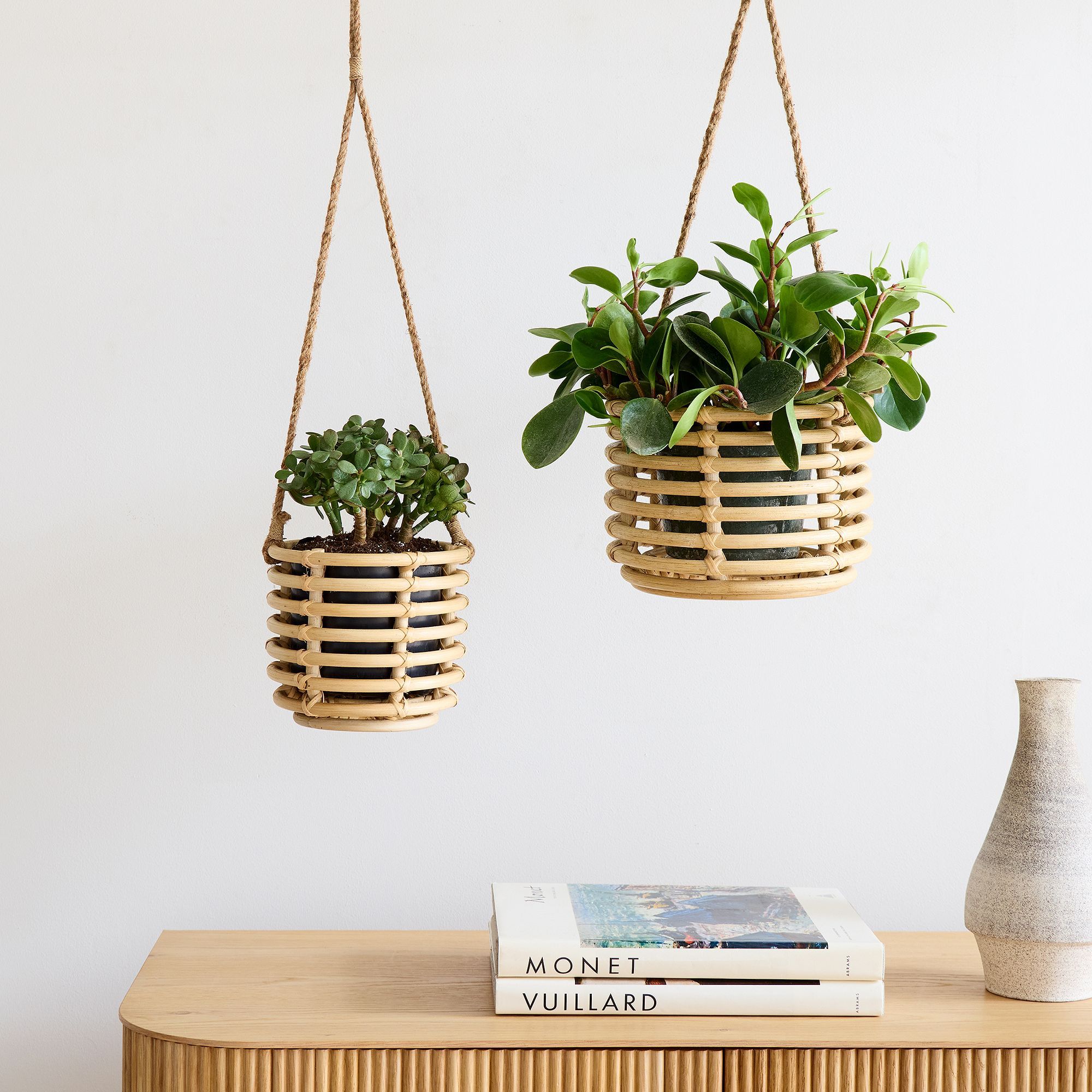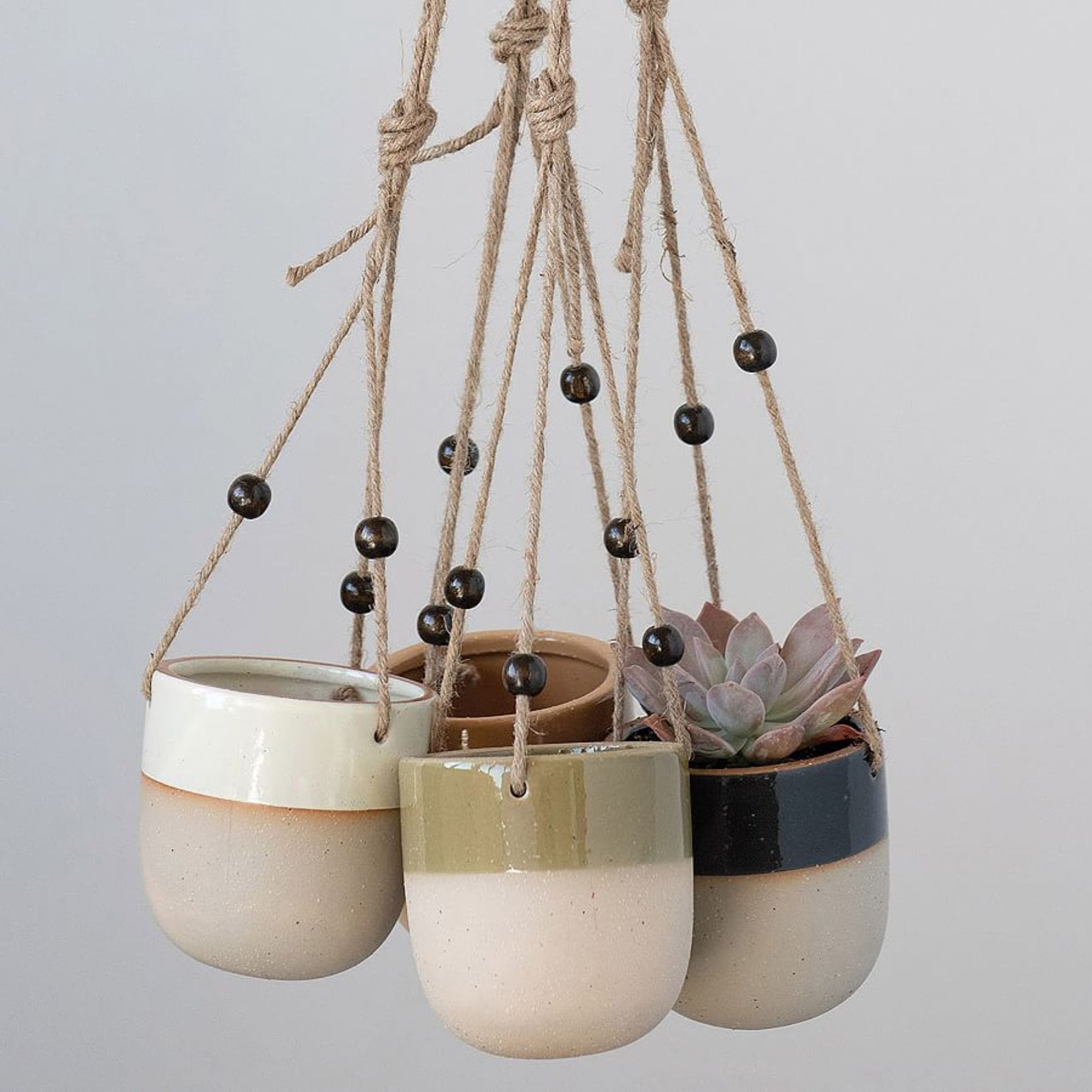7 things people with nice-smelling hallways always do – according to experts
Find fragrant options and establish cleaning routines that are tailored to your hallway
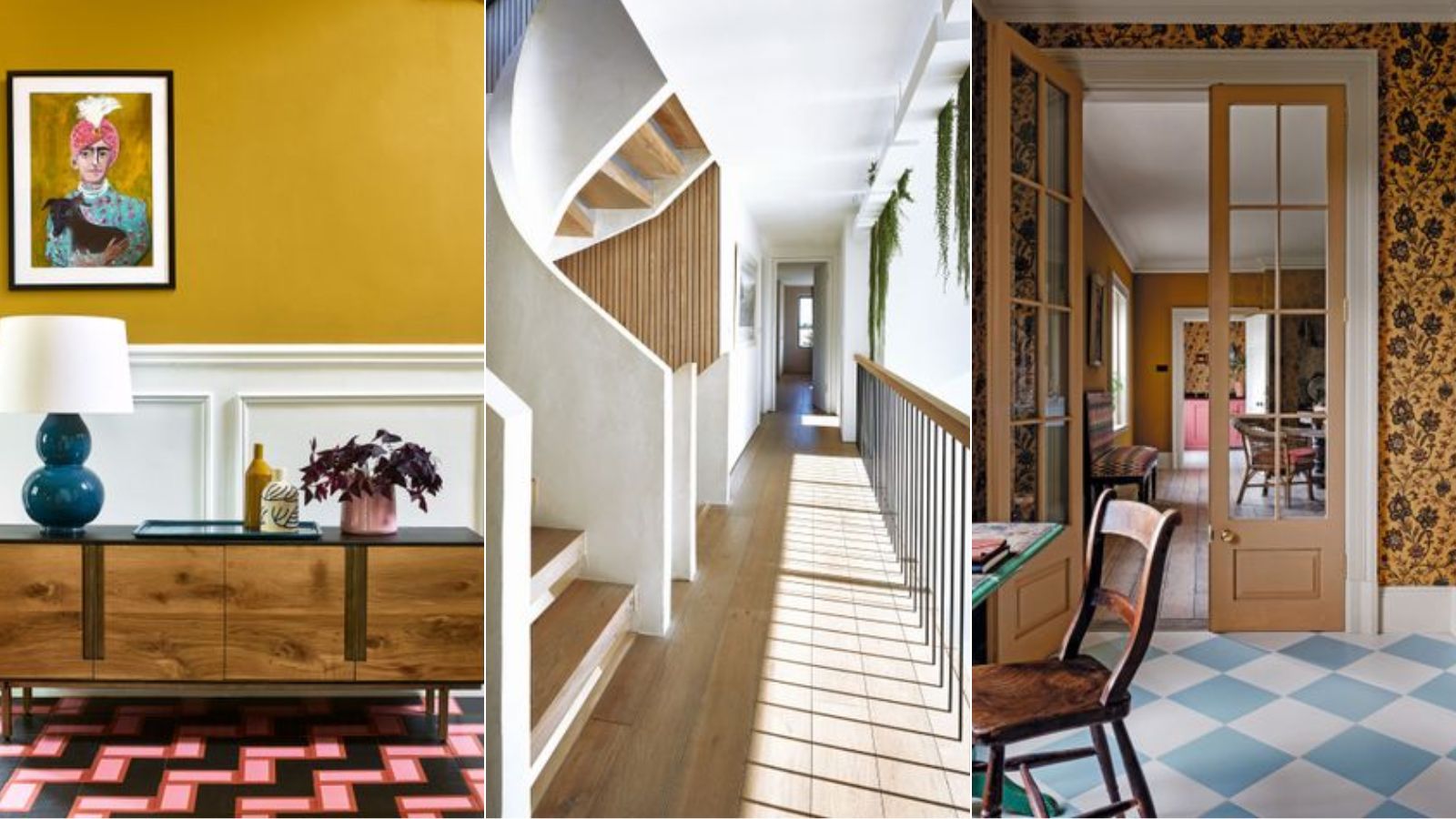

Hallways are often overlooked when it comes to fragrance, yet as a space that connects other rooms and travels throughout your home, it's a good idea to ensure it remains nice-smelling.
Sometimes there aren't as many surfaces to keep diffusers, potpourri, scented candles, and other standard nice-smelling additions, so when it comes to keeping your hallways smelling fresh you may need to incorporate some creative options, in addition to cleaning your hallway regularly.
We spoke to experts to find out what they have found people with nice-smelling hallways always do.
Things people with nice-smelling hallways always do
Alongside some cleaning tips, you can find a number of creative ways to integrate nice-smelling options into your hallway decor to blend style and scented aromas.
1. Create personalized scents
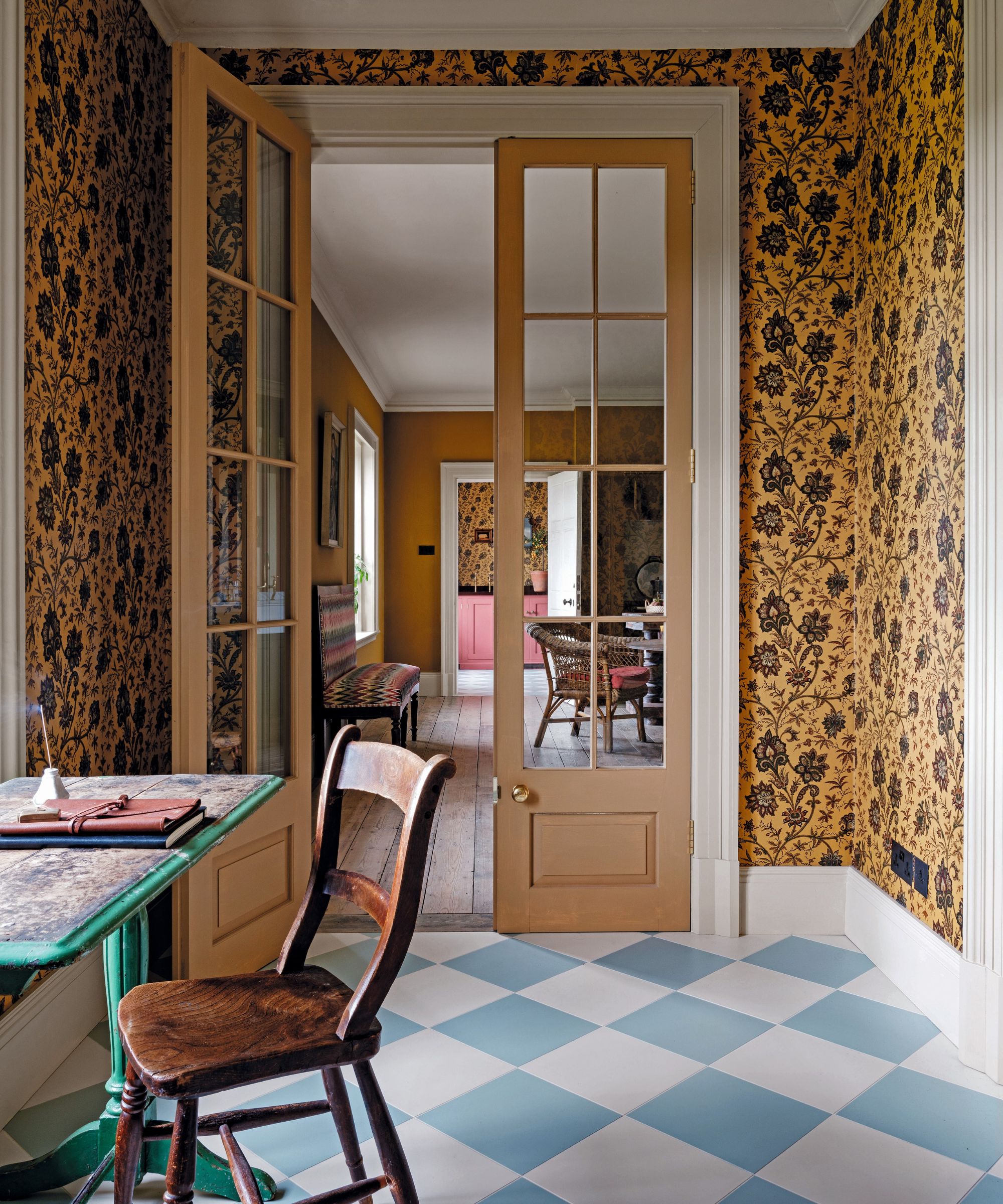
'One of the main reasons why hallways smell bad is because of chemical-based air fresheners,' says Zach Shelley, founder of A-List Properties. 'These artificial scents can be overpowering and may even cause allergies or headaches for some people.
'People with nice-smelling hallways always opt for natural scents such as essential oils, dried flowers, or potpourri. Not only do these provide a more subtle and pleasant smell, but they also have health benefits.'
Burning incense or using essential oil diffusers can create a pleasant and calming scent in your hallway. Experiment with different scents to find the one you like best. You can customize your own scent to create furniture spray, to make candles or diffusers with. Alternatively, you can create scented sachets by using natural ingredients such as herbs and flowers.
Design expertise in your inbox – from inspiring decorating ideas and beautiful celebrity homes to practical gardening advice and shopping round-ups.
You can find this essential oils set at Amazon.
2. Infuse fragrances
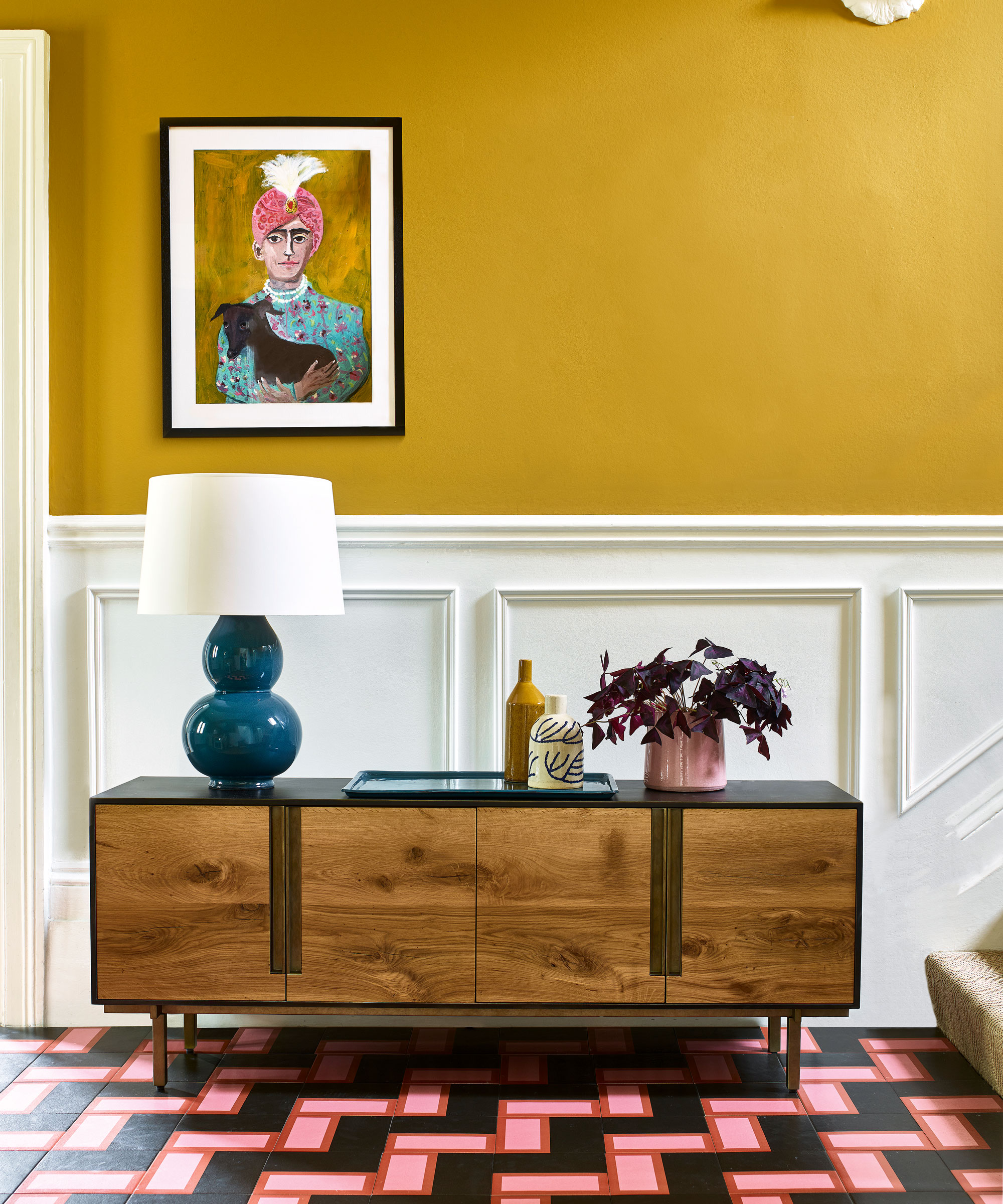
Adding personalized scents to upholstery, walls and drawers are one of the best hidden tricks people with nice-smelling homes always do.
To infuse scents in furniture such as an armchair or console table with a fragrance of your choice you can create your own personalized fragrance by mixing essential oils with water to create a spray that can be used on upholstery or drawer liners. You can also create fragrant sachets with herbs and dried flowers.
Cyble Rizwan at Persimmon Design recommends, 'Choose hallway furniture with hidden fragrance compartments. Some modern designs include discreet drawers or compartments that can hold scented sachets or essential oil diffusers.'
3. Add plants
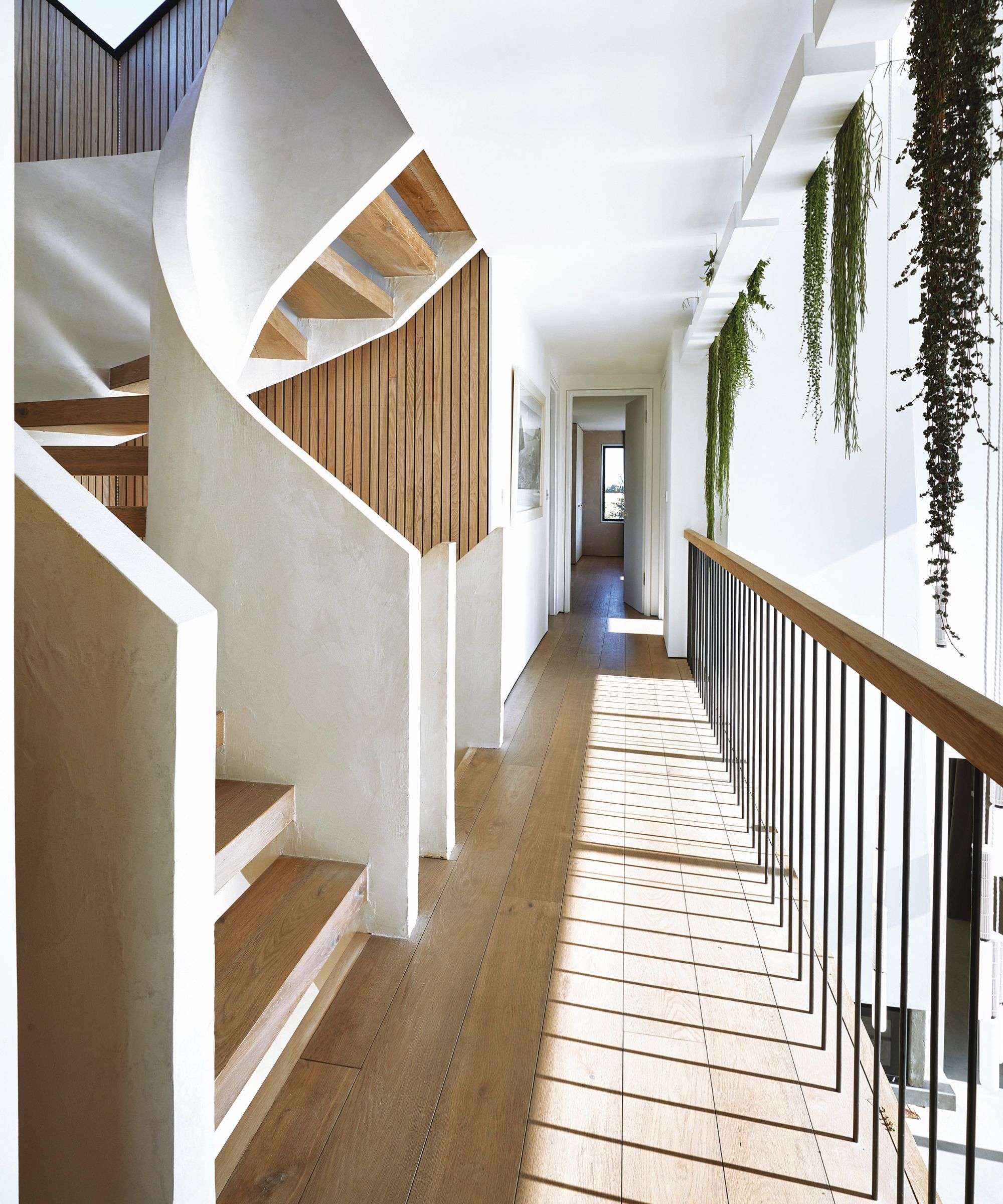
'Plants not only add a touch of greenery to the hallway, but they also help improve air quality and eliminate odors,' explains Zach Shelley. 'Certain plants like peace lilies, spider plants, and bamboo palms are known for their ability to purify the air and absorb any pungent smells. Plus, having live plants in the hallway can add a natural and inviting smell.'
'Plants like lavender, jasmine, and eucalyptus are known for their pleasant scents,' advises Hashi Mohamed, president of Ivy Cleans.
For hallways with limited floor space, you may want to consider ways to integrate these plants into your vertical space, for example by using hanging planters.
'A client of mine, a gardening enthusiast, beautifully combined this passion with her home's decor. She adorned her hallway with fragrant flowers and even hung a herbal wreath infused with rosemary and eucalyptus,' comments Ryan Fitzgerald. owner of Raleigh Realty. 'The outcome is a simply astoundingly welcoming and invigorating scent every time you step inside.'
4. Regular cleaning
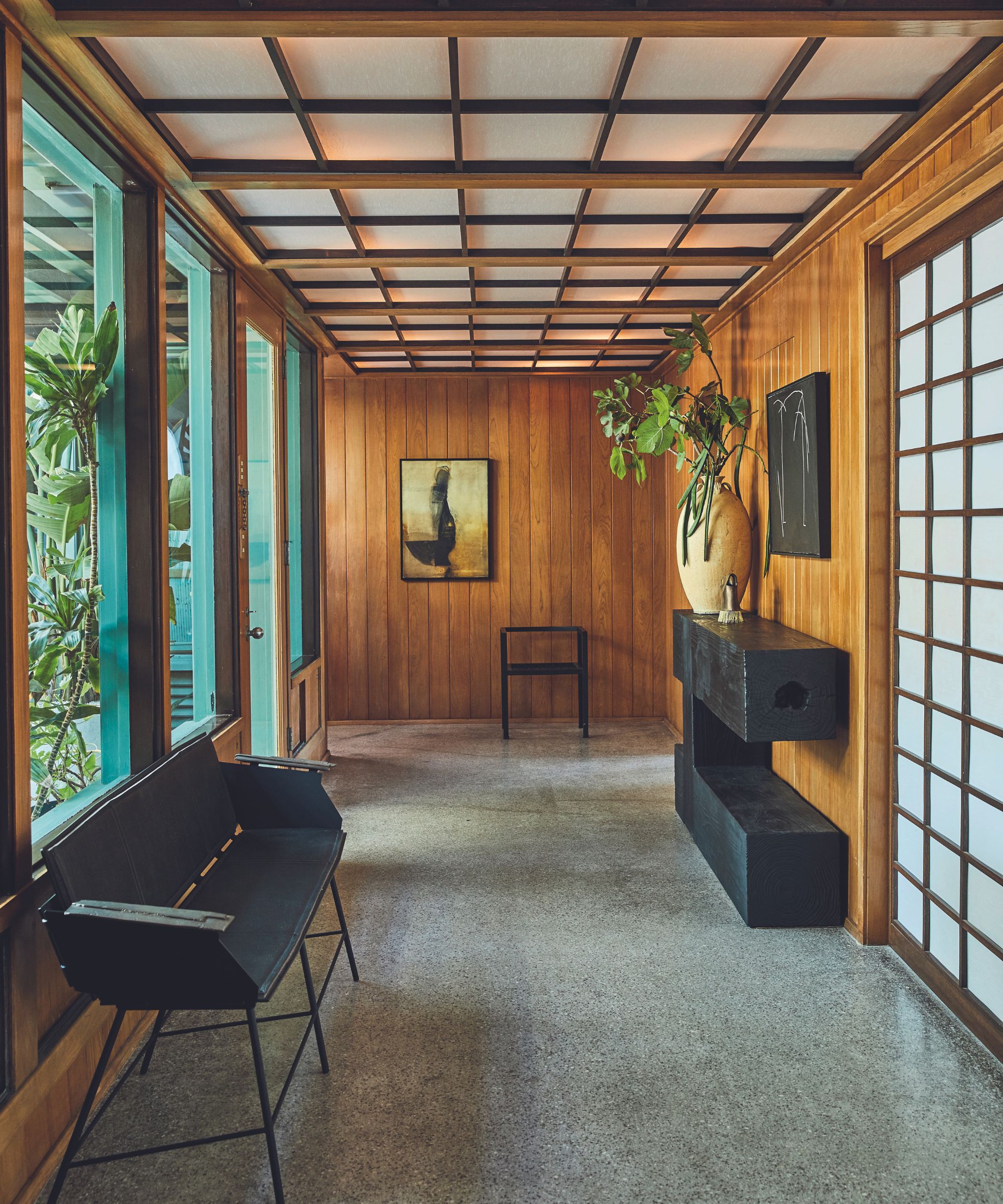
'Maintaining a clean and clutter-free hallway is essential for a pleasant smell,' says Hashi Mohamed.
'Regularly vacuuming carpets, rugs, and dusting surfaces can help eliminate odors caused by dust and dirt.
'If your hallway has carpets or upholstered furniture, periodic deep cleaning can remove trapped odors.'
'Baking soda is a natural deodorizer and can be used in many ways to eliminate odors in the hallway,' advises Zach Shelley. 'You can sprinkle it on carpets or rugs before vacuuming, mix it with water to create a cleaning solution for hard surfaces, or even place an open box of baking soda in the hallway to absorb any lingering smells.'
Use baking soda with some drops of essential oils before vacuuming for a deeper clean and fresh scent, to get rid of musty smells in your entryway and beyond. Be sure to only use essential oils on surfaces that won't be damaged by this.
You can also place odor-absorbing products like activated charcoal, baking soda, or cedar sachets in your hallway to help neutralize unwanted smells.
You can find activated charcoal odor absorbers, deodorizing baking soda and cedar sachets at Amazon.
Hashi Mohamed continues, 'Over time, walls and surfaces can accumulate odors, so be sure to wipe down walls, doors, and any other surfaces in the hallway regularly to prevent this build-up.'
5. Use scented candles in wall sconces
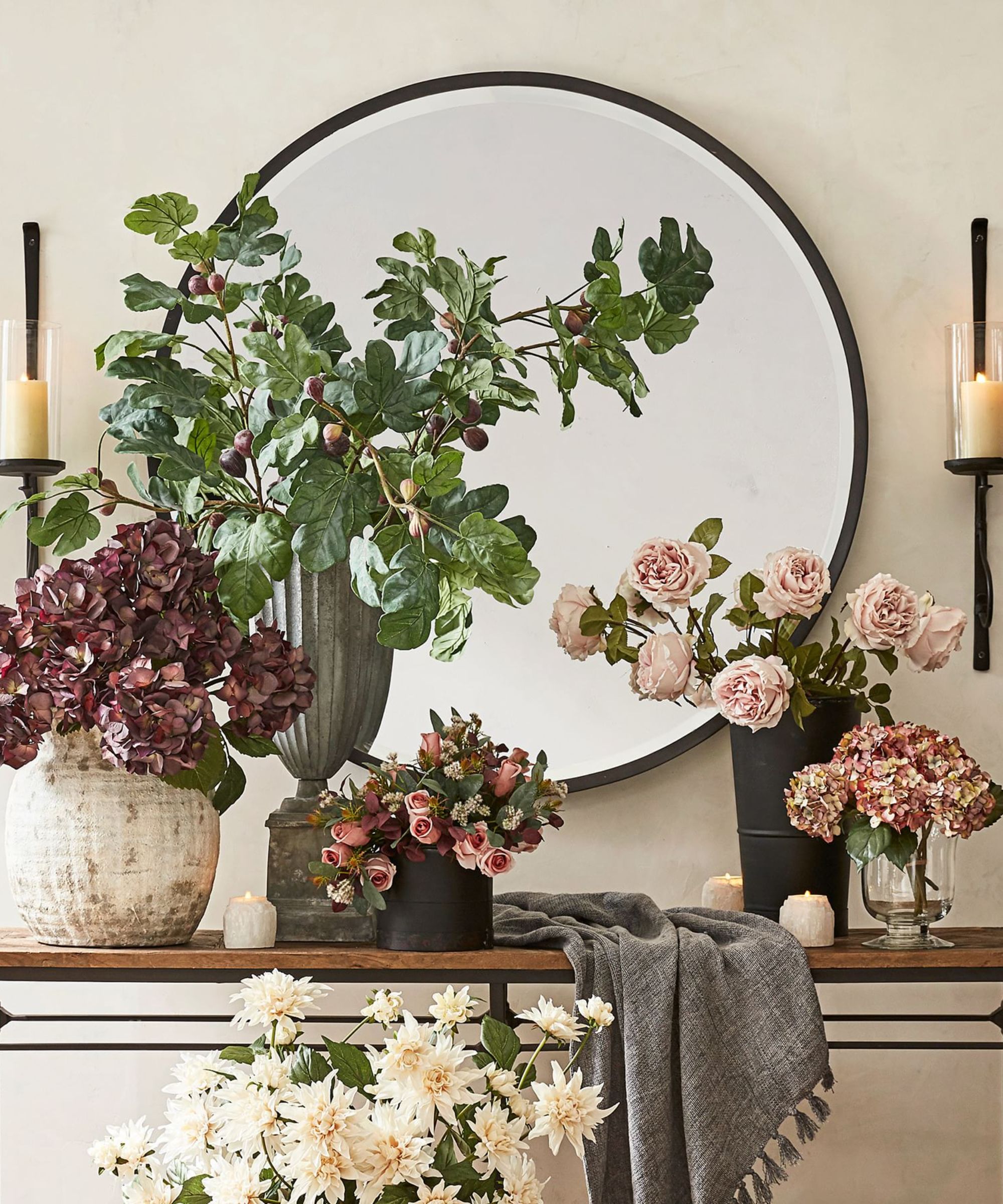
Scented candles not only provide a pleasant aroma but also add a cozy ambiance to your hallway. The best scented candles are made from natural waxes and with non-toxic fragrances. Ensure candles are used safely and never left unattended.
Again, since hallways have limited surfaces, like in nice-smelling entryways, finding wall-mounted options may be a stylish solution.
'Wall sconces not only provide illumination but also serve as holders for scented candles,' recommends Cyble Rizwan.
We love this LA JOLIE MUSE vanilla and coconut scented candle and this artisanal wall-mount candleholder, from Pottery Barn (above).
6. Choose natural materials
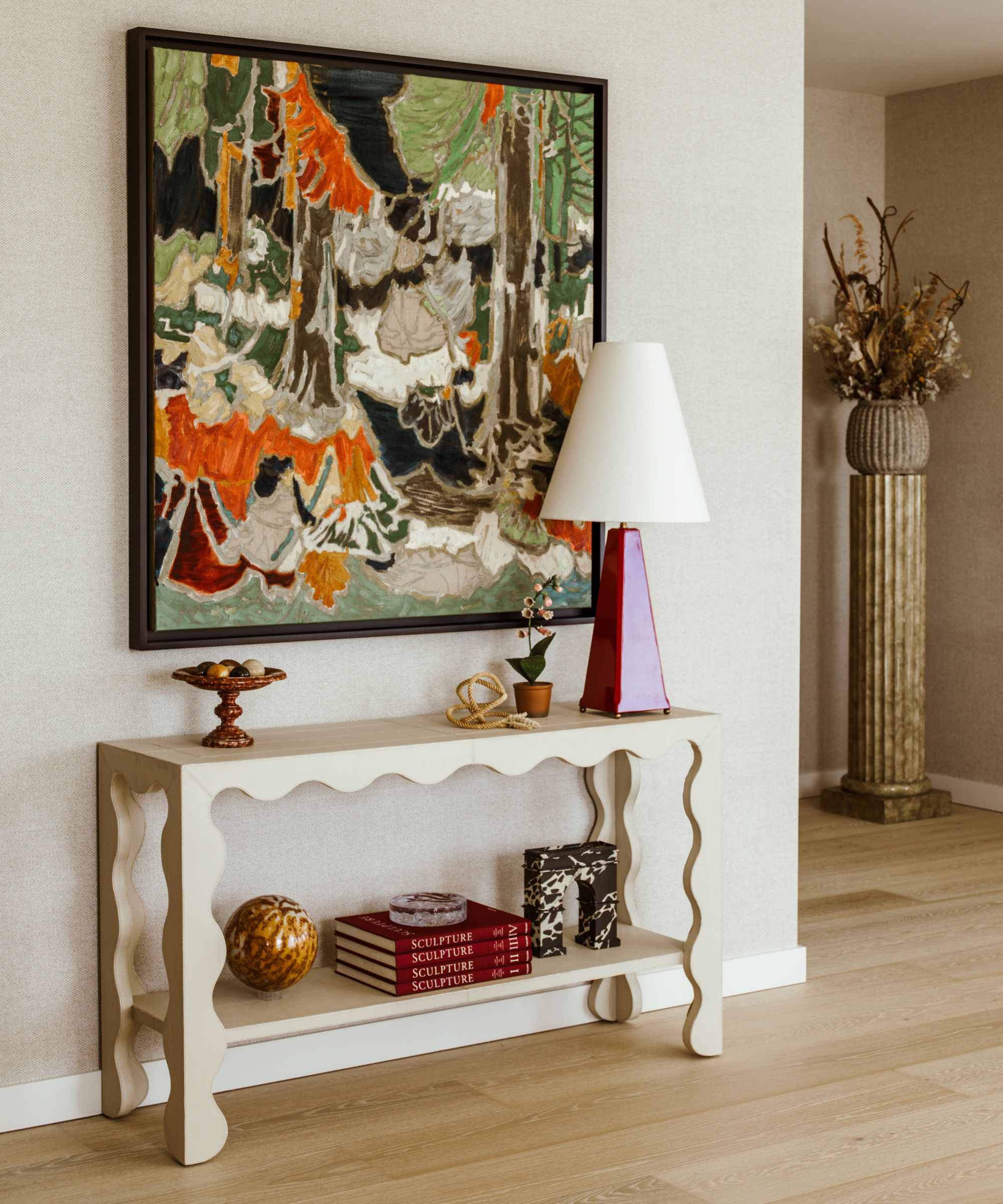
'Another strategy that you might want to consider is the use of natural textiles. In my experience, materials like wool, silk, and cotton are great at absorbing scents,' advises Julio Arco, interior designer and the founder of Bark and Chase.
'You can occasionally spray these materials with your chosen scent to create a long-lasting and subtle aroma. This is an excellent solution for entryways as these materials can be used in the form of rugs, curtains, or upholstery,' continues Julio Arco.
'Using wood flooring, natural fiber rugs, and cotton or linen curtains can also minimize odors compared to synthetic materials,' adds Hashi Mohammed.
7. Keep air flowing
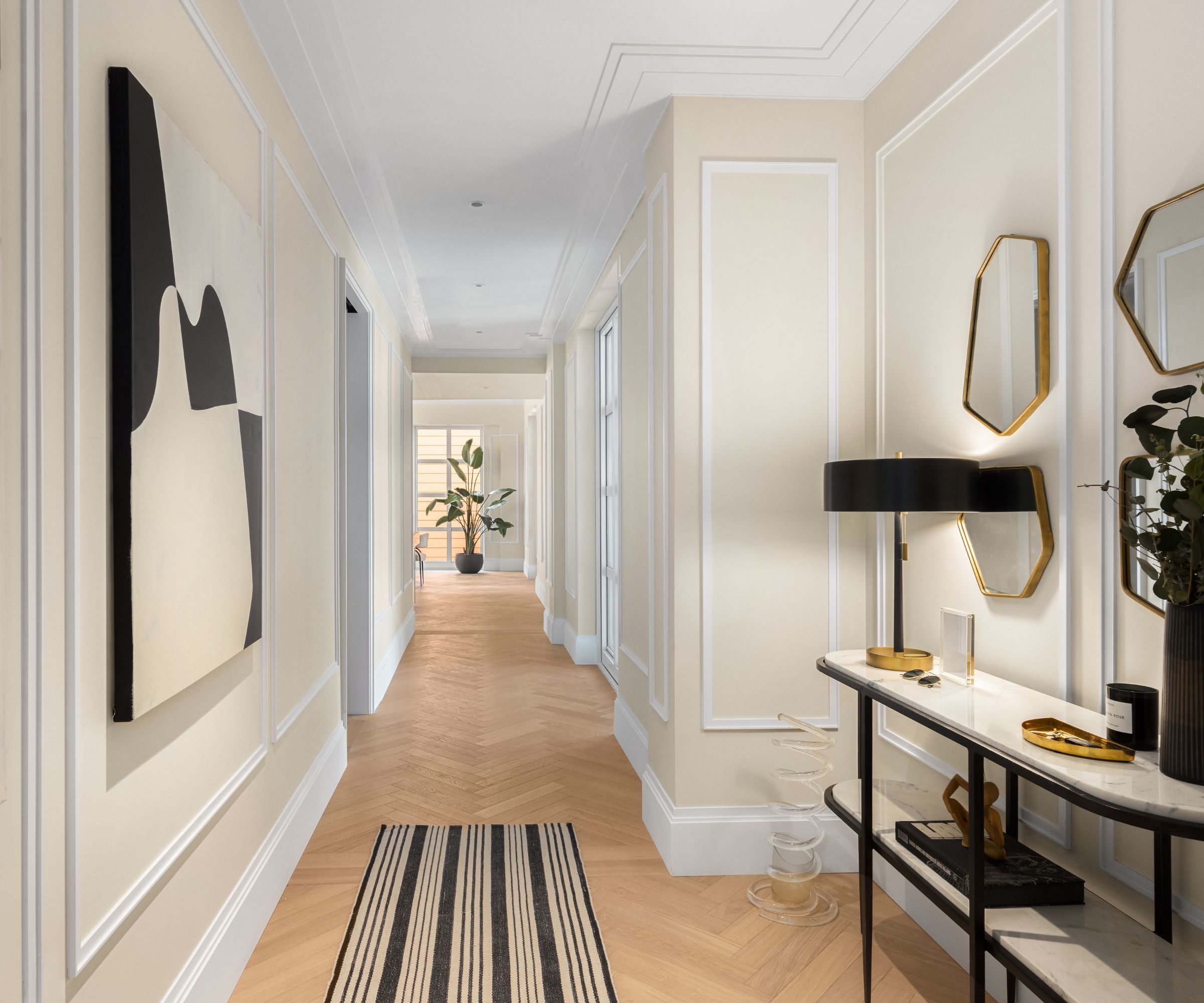
'Open windows and doors regularly to allow fresh air to circulate through the hallway,' suggests Hashi Mohamed. 'This helps remove stagnant air and odors.'
'If your hallway has a heating or cooling system, regularly changing air filters can prevent musty odors from circulating.
'Ensure good ventilation to prevent moisture build-up and avoid any mold or mildew issues as they can produce musty odors.'
This helps maintain clean, fresh air throughout your home, ensuring it remains fresh and fragrant.
FAQs
What is a fragrant smudge stick?
'Smudge sticks are tightly packed sticks composed of herbs such as sage or sweetgrass,' explains Matt Kerr, co-founder of Appliance Geeked. 'There are additional variations, but these are the two you'll encounter most frequently.'
You can customize a smudge stick for a fragrance that appeals to you and use it periodically to make your hallway smell nice.
If you have persistent issues with odors or allergens, consider using an air purifier with a built-in scent filter to clean and freshen the air. We recommend this POMORON MJ002H 4-in-1 air purifier.

Lola Houlton is a news writer for Homes & Gardens. She has been writing content for Future PLC for the past six years, in particular Homes & Gardens, Real Homes and GardeningEtc. She writes on a broad range of subjects, including practical household advice, recipe articles, and product reviews, working closely with experts in their fields to cover everything from heating to home organization through to house plants. Lola is a graduate, who completed her degree in Psychology at the University of Sussex. She has also spent some time working at the BBC.
